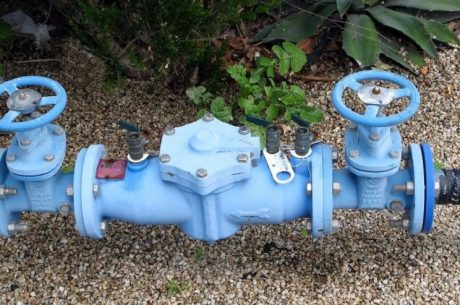Winter has officially arrived! Alabama has experienced some cold, winter weather recently. We have put together a list tips on how to be prepared for this frigid, winter weather.
- Never pour hot water on the windshield for deicing – go for the old-fashioned way: the ice scraper. The temperature difference between the hot water and your freezing car may crack your windshield.
- Keep your speed steady and drive below the speed limit when roads are icy, or the threat of ice is imminent.
- Avoid slamming on the brakes and overcorrecting when you hit a patch of ice, instead, stay calm, gently turn the steering wheel in the direction you are sliding and lightly tap the brake.
- Keep open the curtains on south-facing windows and use lighter curtains on others to allow sunlight into your home, keeping you more warm and comfy.
- If you are dealing with frozen water pipes, apply heat slowly, beginning at the faucet and working your way to the coldest section of the pipe. Avoid using an electric heater to thaw frozen water pipes, as it may lead to electrocution if something goes wrong.
- Use a snow roof rake to clear snow off roof, instead of climbing yourself onto the roof and risking damaging the structure of the roof and falling off.
- Regularly clean your house’s gutters. This will not only promote good drainage, but also help prevent ice damming. Ice damming occurs when water gets trapped and freezes when the temperatures drop.
- In case of a power outage, avoid using kerosene heaters or any heating device you may use while camping or barbecuing, or you may risk Carbon Monoxide (CO) poisoning.
- Always remember to wear sunglasses during winter, bright sunshine reflecting off of snow can cause macular degeneration and even contribute to age-related eye disease.
- Wear a broad-spectrum sunscreen on your face and other exposed areas before going outside.
- Always wear gloves when working or playing outside to prevent frostbite, itchy, dry and cracked skin.
- When temperatures go down, use multiple clothing layers preferably made of wool or synthetic materials, such as polypropylene. Cotton can lead to hypothermia, especially after it gets wet.
We are standing by ready to assist if needed!



